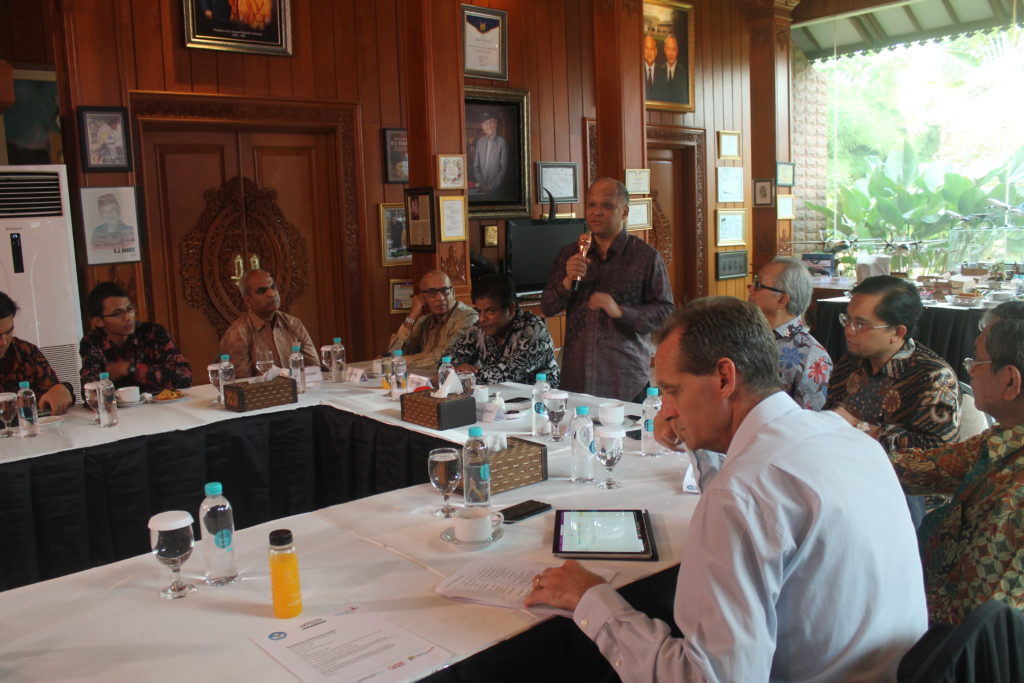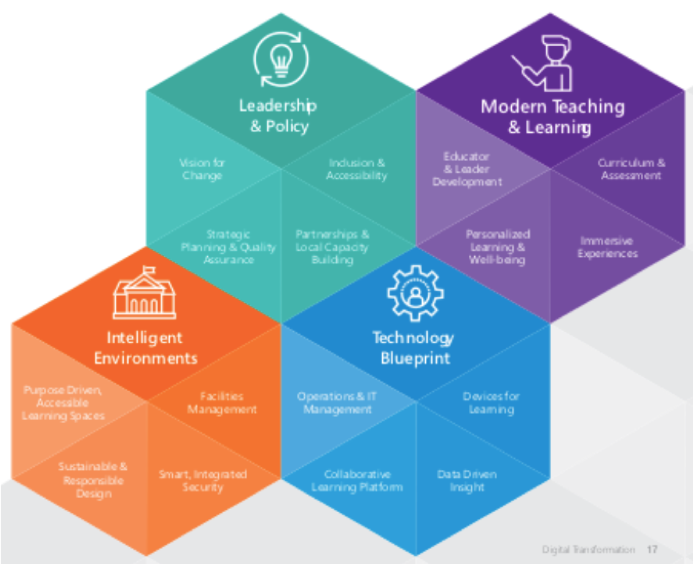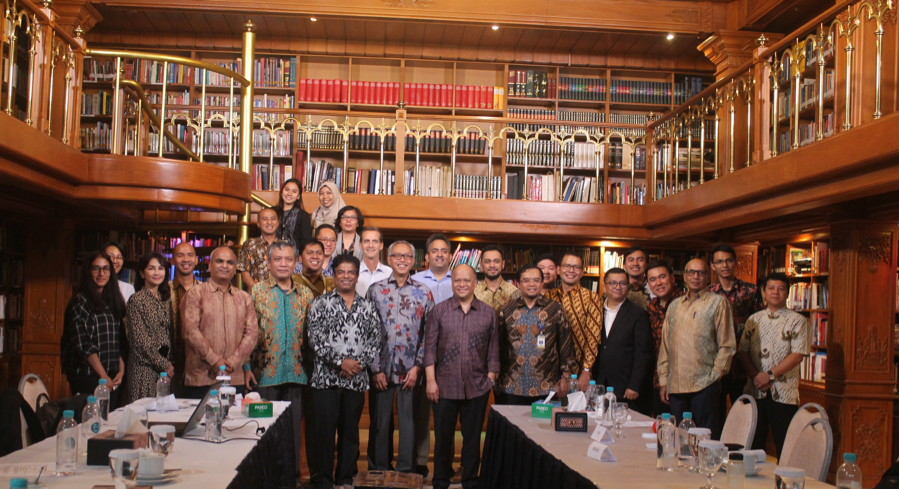As Indonesia enters a new decade, the nation of 260 million people faces a make or break opportunity. Endowed with a young productive population, strong macroeconomic fundamentals, rich natural resources and political stability, the country is poised to make the jump to becoming a higher middle economy.
If it is to achieve its long held ambition to join the ranks of the developed nations and fulfill its destiny, it must elevate the standard of its human capital, rather than rely too heavily on its natural resources. It is for this reason that President Joko Widodo has made improving the country’s talent pool a major priority for his second five years in office.
President Jokowi realizes that if he is to achieve his goals, he must make some bold moves and break away from past, established practices. One such bold move has been the appointment of young technopreneur Nadiem Makarim as the Minister of Education. The founder of Indonesia’s first decacorn Gojek has already unsettled the bureaucracy, upset teachers and confounded parents.
Given the historical background of who heads the education ministry, President Jokowi’s decision to appoint Makarim is indeed norm shattering. Whether he succeeds or not will have a lasting impact on the country’s education system and its economy. If he is able to produce students equipped for the challenges of the 4thIndustrial Revolution, Indonesia has a real chance to breakout from the middle income trap.
Since he was sworn in October last year, Makarim has called for a broad program of deregulation and an end to national examinations under his Merdeka Belajar (Freedom to Learn) initiative. He has also introduced a sweeping redesign of the education system to conform to requirements of employers.
The challenges facing the minister and the country are enormous. According to Statistics Indonesia, more than 40 percent of working age Indonesians only have primary school education while just nine percent of the labor force has tertiary education.
With 64 million students, 340,000 schools and higher learning institutions and 3.9 million teachers and lecturers, Indonesia has the fourth largest education system in the world.
The education system is financed by a 2019 budget of Rp152.6 trillion (US$10.8) billion, which represents 3.5 percent of gross domestic product (GDP), compared to Vietnam’s 4.3 percent. In the global race for talent, Indonesia needs to step up its talent production line.
Despite the increased budgetary allocation for education, the country has not faired well in international scores, ranking last in the percentage of employed adults with a tertiary degree. Something needs to change drastically if this situation is to be turned around.
“Every young person must be able to think independently,” Makarim told Parliament’s education committee last year, stressing the need for a stronger connection between teachers, students, parents that technological advances in learning cannot provide.
Learning to read and reading to learn
Improving the country’s education system by marrying technology with a human touch was the subject of a recent roundtable hosted by the Indonesia Education Forum at the Habibe-Ainun library in Patra Kuningan.
Opening the roundtable discussion, Ilham Habibie, Chairman of the Indonesian ICT Council (Wantiknas) noted that technology is a tool in all human endeavor be it education, business, or health. “Technology has no character, it can be helpful but it can also be misused, however we should not be afraid of using technology to have a better learning outcome.”

Ilham added that technology can achieve better learning goals because students are all different. “Life long learning is becoming more important because of disruption. We need to have learning not only using technology but also learning about technology,” he noted.
Don Carlson, Microsoft’s Director for Education, Asia Pacific, noted that for the education outcome to improve, countries must look at the fundamental issues facing students and not just focus on the technology aspect.
“Why is education different from other industries,” he asked in his presentation titled “Empower every student, every ability, every person to achieve more”. Teachers, he added, are no different from workers in other sectors so the problem has to be approached from a wholistic perspective.

Carlson added that in many countries, adoption of technology has not led to an improved performance amongst students in reading, mathematics and science. “We need a convincing strategy to build teacher’s capacity a proper change management program.” Three key areas all educators need to look at are quality of education, equity and access to education and future ready skills.
“Technology can free up teachers’ time by freeing up administration tasks such as taking attendance and allow them to allocate more time to actual teaching,” he said.
Ananto Kusuma Seta, Senior Advisor to the Ministry of Education on Innovation and Competitiveness, noted that a big challenge for Indonesia’s education sector is changing teacher mindsets and to convince them to use technology.
“Many teachers find it a real challenge to upgrade their technology skills and many still use only Microsoft word,” he noted. “The ministry is focusing on rural schools where the desire to upgrade is stronger.”
Rumah Belajar: Preparing Learning Tools for the Next Generation in Indonesia
Change and progress, however, are underway. The Ministry of Education and Culture’s Data Center Head of Information Technology (Pusat Data) and Head of Bureau of Planning and International Cooperation, Gogot Suharwoto, outlined the government’s efforts to introduce greater use of technology amongst teachers and improve methods of teaching STEM (science, technology, engineering and mathematics) in the classroom.
Rumah Belajar, is an all-purpose solution to empower teachers to use technology in classrooms. It targets what teachers need and what can be provided to them. This year the platform is seeking to encourage life-long learning and improve the content of the platform. One of the methods is to use familiar ideas and connect them with new ones such as personalized learning, early learning STEM education and adopting gamification in education content.
Suharwoto also noted that under new initiatives, the focus of Indonesia’s education system has shifted from being teacher centered to becoming more student centered. This shift has opened opportunities for private sector players to partner with the government in projects such as Rumah Belajar.
“We are open to partnering with the private sector but with quality control criteria,” he said. Such thinking will herald a new paradigm in the country’s education sector where the private sector works hand in hand with the government to ensure that today’s youth are equipped with the right skills to benefit from the new industrial age.

